Did the philosopher J.R. Lucas and the mathematical physicist Roger Penrose rely on the rare abilities of a very-small set of metamathematicians to establish their "Gödelian argument" against the possibility of "machine minds"?
J.R. Lucas’s Gödelian Argument
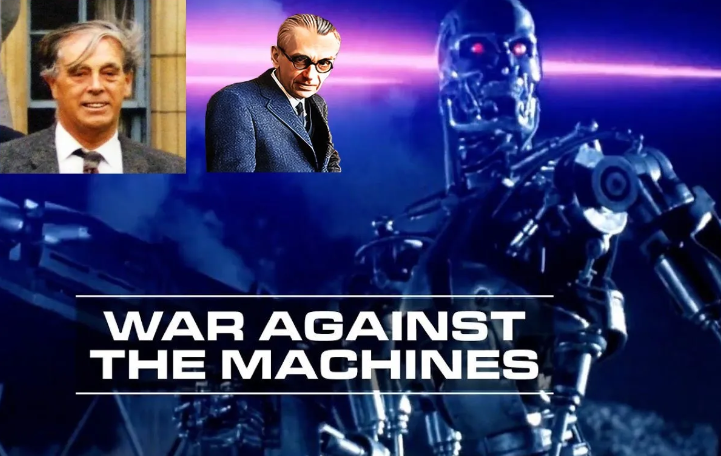
The following passage is one way in which J.R. Lucas’s “Gödelian argument” is expressed:
“For any logical system L, a sufficiently skilled mathematical logician [ ] can construct some statements T(L) which are true but unprovable in L. (This follows from Gödel’s first theorem.)”
Elsewhere, we also have this:
“Appealing to Gödel’s incompleteness theorem, [J.R. Lucas] argues that for any such automaton, there would be some mathematical formula which it could not prove, but which the human mathematician could both see, and show, to be true.”
Note that in both passages “a sufficiently skilled mathematical logician” and “the human mathematician” are mentioned. So now we have this question:
How applicable is Gödel’s theorem to arguments about all human minds?
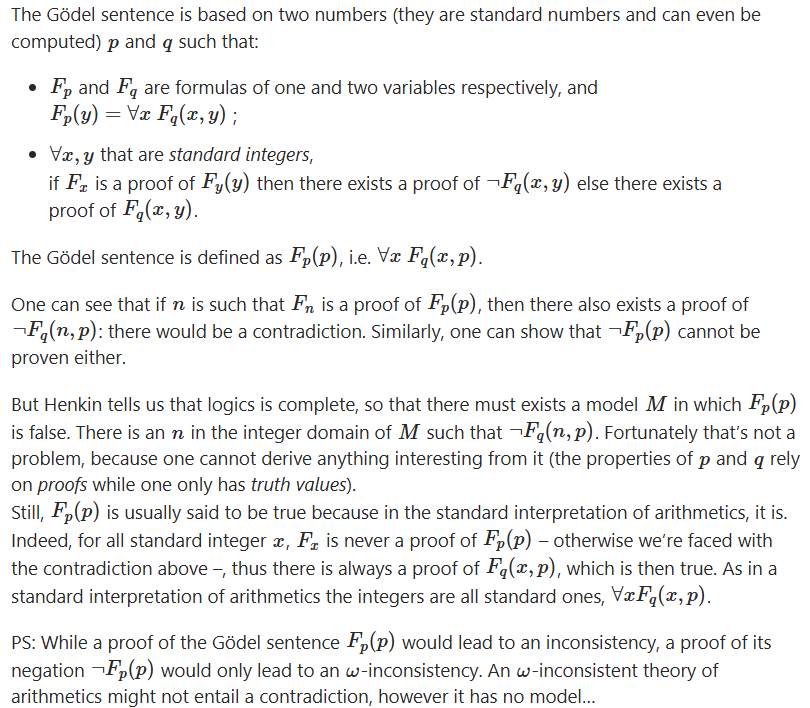
John Lucas also approached the possibility of artificial minds from another angle. The following is one account of his position:
“‘Minds, Machines and Gödel’ is J. R. Lucas’s 1959 philosophical paper in which he argues that a human mathematician cannot be accurately represented by an algorithmic automaton.”
Here again, it must be stressed that Lucas was referring to the mind of “a human mathematician”. This raises the question as to how applicable and relevant the-seeing-of-Gödel-truths is to all human minds. And, as a final example, Lucas then went one step further when he not only referred to “a competent mathematician”, he also added that such a mathematician must be someone “who understood Gödel's proof”.
On a related theme.
Did Lucas rely on the existence of perfectly consistent (indeed perfectly rational) mathematicians in order to advance his Gödelian argument against machine minds?
Many scientists and philosophers believe that human reasoning is inconsistent. So that must include mathematicians. Indeed, it must even include those who can (to use Lucas’s own word) “see” Gödel-truths.
More particularly, doesn’t Lucas’s argument depend on the minds of only those metamathematicians who study Gödel’s theorems being fully consistent?
Lucas himself (implicitly) recognised this possible interpretation when he wrote the following words:
“A number of thinkers have chosen to impale themselves on the inconsistency horn of the dilemma. We are machines, they say, but inconsistent ones. In view of our many contradictions, changes of mind and failures of logic, we have no warrant for supposing the mind to be consistent, and therefore no ground for disqualifying a machine for inconsistency as a candidate for being a representation of the mind.”
Again, doesn’t Lucas’s argument actually depend on a tiny number of metamathematicians being able to see some (i.e., not all) Gödel-truths?
Moreover, as the philosopher Judson Webb argued in his 1968 paper ‘Metamathematics and the Philosophy of Mind’, one also needs to ask questions about whether human beings (actually, a small subset of mathematicians) can really see the truth of Gödelian sentences.
Perhaps a better questions would be: What is it to see a Gödel-truth?
To repeat.
The basic argument here is that “the mathematician” (whoever that is) can see Gödelian (unprovable) truths. Lucas took that to have the consequence that there must be at least one thing about human beings (or, actually, the minds of a small subset of mathematicians!) which can’t be predicted by machines, computers… or by anything else.
So doesn’t Lucas’s Gödelian argument — at least in a strong sense — render the minds of all non-mathematicians (i.e., not only “machines”) suspect too? After all, most human minds can’t recognise the truth of Gödel sentences! [See note.] In fact, most mathematicians aren’t metamathematicians. This means that they too may not be able to see Gödel-truths.
If this is the right way of looking at this, then it also means that only some minds can discover unprovable truths. Or, more correctly, only some minds can see the truth of some Gödel sentences…
That’s unless J.R. Lucas simply meant that all human minds have the potential to see Gödel-truths…
Do all human minds have that potential?
It depends on how that latent potentiality is cashed out.
Moreover, how could we know that all human minds do have that potential?
That question is asked because various commentators (e.g., cognitive scientists, philosophers, psychologists, etc.) have themselves questioned the idea (or belief) that human minds — or individual human minds — can gain the unequivocal truth of formally unprovable Gödel sentences.
What’s more, such commentators are certainly suspicious of the idea that the seeing of Gödel-truths has much — or even any — relevance when it comes to characterising all human minds, as well as distinguishing human minds from machine minds.
Now let’s tackle Roger Penrose’s related position.
Roger Penrose’s Gödelian Argument
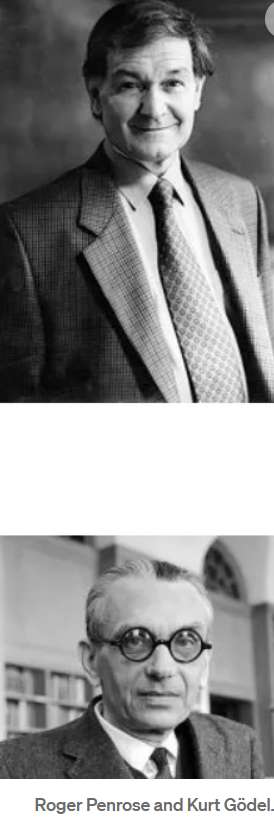
Firstly, we’ll deal with Roger Penrose’s very own Gödelian Argument when he stated the following:
“[A]s long as you believe in the rules [of ‘any system of rules’] you’re using in the first place, then you must also believe in the truth of this [Gödel] proposition whose truth lies beyond those rules.”
… And now for the relevant clincher:
“This makes it clear that mathematical understanding is something you can’t formulate in terms of rules.”
This is where Platonic seeing comes to the rescue.
Penrose believes that no machine (or computer) can have Platonic vision. That is, he states that “we have a proposition that we can see [Penrose’s italics], by the use of insight, must actually be true”. However, “the given algorithmic action is not capable of telling us this”.
Like Lucas earlier, note that Penrose uses the plural pronoun “we” (as in “we can see”). Yet, with an admittedly wild guess, only 1 person in every 10,000 can see any Gödel-truth.
Perhaps this doesn’t matter in that all human beings may have the potential to see Gödel-truths. Alternatively, even if only 1 person in 10,000 can see Gödel-truths, that’s enough to establish Penrose’s argument against machine minds and machine consciousness. (This is roughly equivalent to arguing that even if a rare disease only affects 1 person in 10,000, then that disease is still very real.)
Penrose then goes into greater detail when he asks this question:
“Why, then, can one not simply get a computer also to follow this Gödel argument and itself ‘see’ the truth of any new Gödel proposition?”
“The catch lies in ‘seeing’ that the Gödel argument, in any specific realization, has actually been correctly applied. The trouble is that the computer does not have a way of judging truth; it is only following rules. It does not ‘see’ the validity of the Gödel argument. It does not ‘see’ anything unless it is conscious!”
… And neither do 9,999 people out of 10,000 “‘see’ the validity of the Gödel argument”!
Do they all have the potential to do so?
Or are these large numbers irrelevant?
Roger Penrose on Consciousness
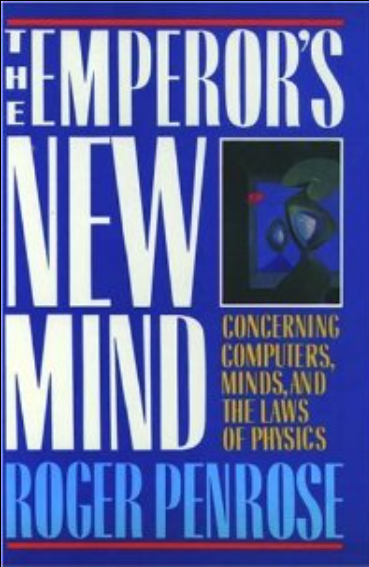
As can be partially seen in the quoted passages above, Penrose also strongly ties consciousness (Lucas focussed on “mind”) to the seeing of Gödel-truths. In his own words:
“[T]he very essence of consciousness. It must be present whenever we directly perceive mathematical truth. When we convince ourselves of the validity of Gödel’s theorem we not only ‘see’ it, but by so doing we reveal the very non-algorithmic nature of the ‘seeing’ process itself.”
To spell this out. To Penrose, “the very essence of consciousness” is to “directly perceive mathematical truth”.
Note the word “we” again in the passage above.
This passage states an explicit and essential link between consciousness and the ascertaining of mathematical truth. Basically, consciousness is required to see mathematical truth. (Penrose does repeatedly put the word see in scare quotes — i.e., he doesn’t mean seeing through the eyes.)
This also means — to Penrose at least — that mathematical truths can’t be seen by machines or computers.
As far as can be seen, the problem here is that Penrose is mainly — or even exclusively — talking about Gödel sentences (or Gödel-truths) when he refers to “mathematical truth”. And the problem with that, again, is that not many people can see them — not even some mathematicians.
What’s more, if the seeing of Gödel-truths is fundamental for consciousness itself, then where does that leave 99% of the human population?…
Unless, like Lucas earlier, Penrose simply means that all human beings merely (or only) have the potential to see Gödel-truths.”
Conclusion
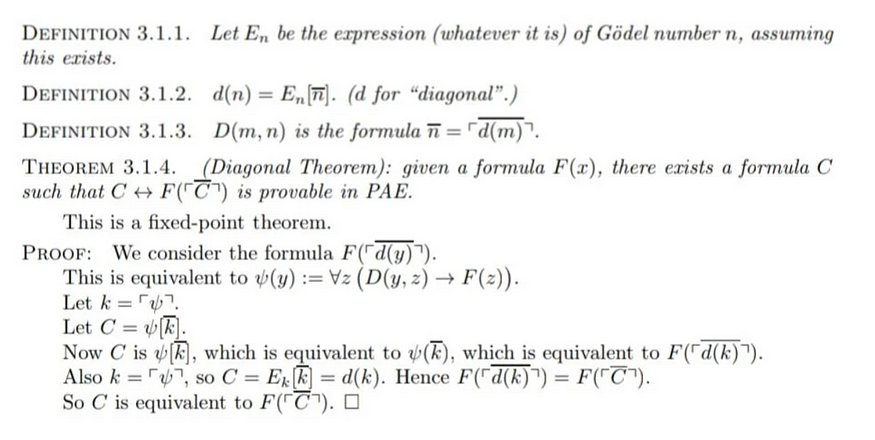
It seems odd, and perhaps even flimsy, to rely on an extreme minority of metamathematicians seeing Gödel-truths in order to establish an extremely general and deep conclusion about the difference between human minds and machine minds.
In terms of all human beings having the potential to see Gödel-truths.
It’s very likely that many human subjects would never see such truths, no matter how much mathematical, metamathematical and logical tuition and knowledge they were introduced to. Moreover, what about those people with cognitive and brain anomalies? Does this mean that such human minds are equal to, or even less than, machine minds?
Finally, isn’t it far more likely that a machine (or computer) could see (or at least recognise and acknowledge) Gödel-truths than, say, have genuine emotions, experience the sweet taste of Coca-Cola, or compose a masterpiece of music?
Note:
J.R. Lucas argued that women and politicians are inconsistent, as can be seen from this qualified version of an earlier claim of his. (See Lucas’s paper ‘Against Equality Again’, in which he says the same thing.) However, Lucas’s general argument is more specific than that. On my reading at least, the only people who can transcend “machines” — at least in Lucas’s Gödelian sense — is a tiny subset of metamathematicians… perhaps people just like Lucas himself.











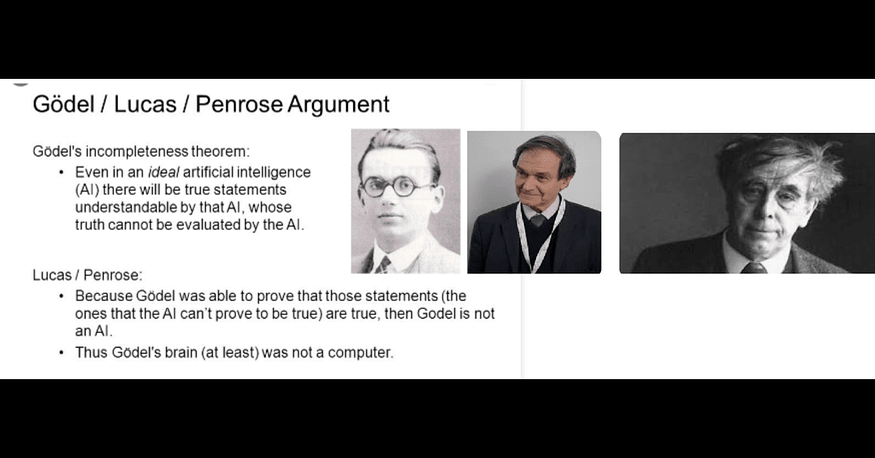
No comments:
Post a Comment